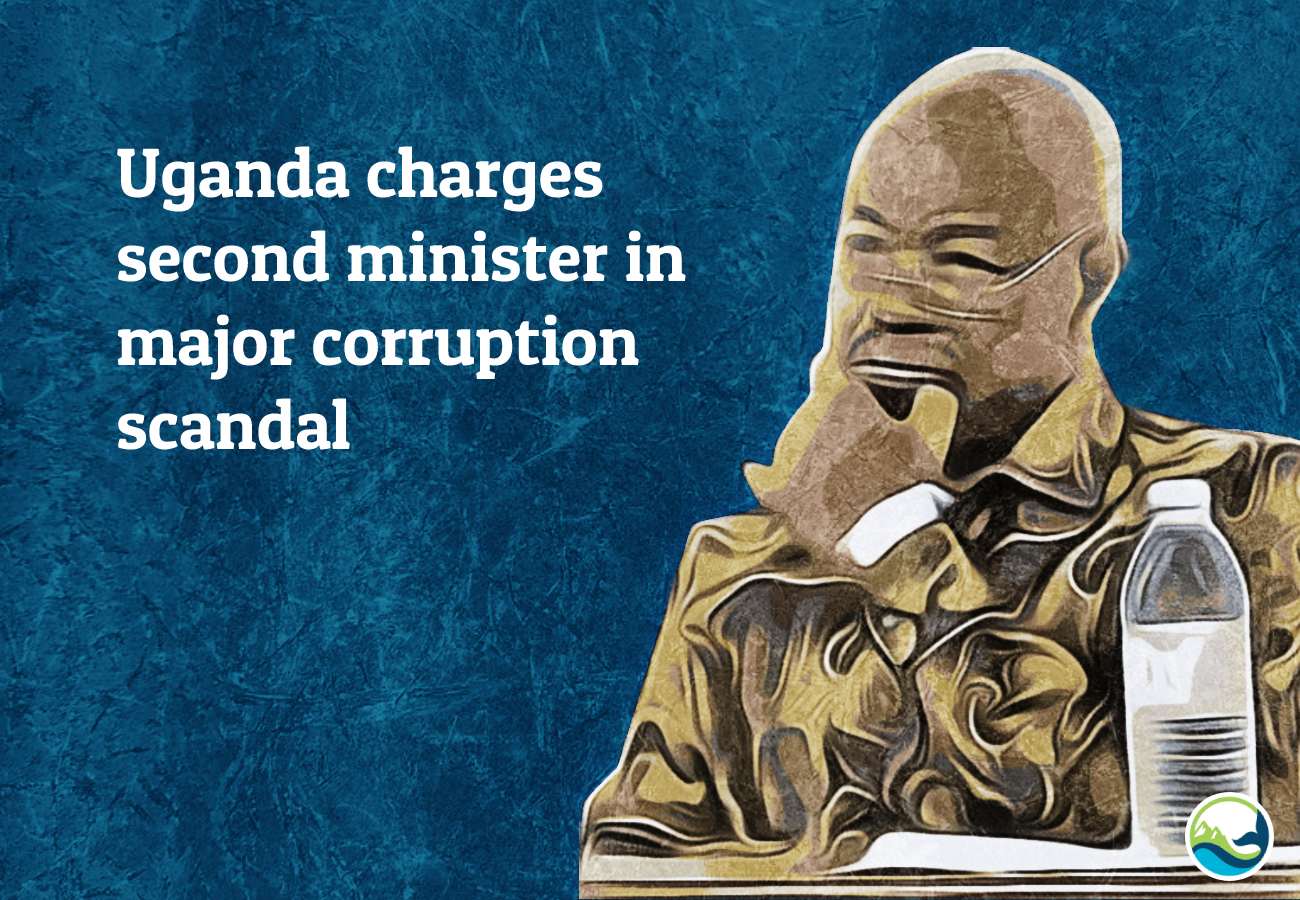
Uganda charges second minister in major corruption scandal
18 Apr 2023 ( Africa News )
Ugandan prosecutors on Monday charged a second government minister with corruption-related offences in a scandal stemming from the diversion of roofing sheets that should have been distributed to vulnerable people.
Amos Lugoloobi, the state minister for finance in charge of planning, pleaded not guilty to the charges when he was arraigned in a courtroom in the capital, Kampala. Another minister, Mary Goretti Kitutu, was similarly charged last week.
At least 22 top officials are implicated in the scandal, including the vice president, the parliamentary speaker, the prime minister and government ministers.
More officials are likely to be charged later this week.
President Yoweri Museveni, whose government is often accused of lacking the political will to stem corruption, has ordered detectives to investigate the case and indict those deemed responsible for diverting thousands of metallic roofing sheets that had been appropriated for people in the remote region of Karamoja.
The scandal came to light in February after the local New Vision newspaper reported that security officials in eastern Uganda had intercepted government-branded iron sheets being sold by relatives of Kitutu, the minister in charge of Karamoja.
According to the New Vision’s subsequent reporting, thousands of iron sheets have been systematically shared among a range of government officials since June.
In the case of Lugoloobi, the newspaper published a photo of what it said was the minister’s goat shed roofed with government property.
Official corruption is rampant in this East African country, but officials caught in major scandals rarely face criminal charges.
“The charges are highly welcome as we have been having a culture of impunity because (the suspects) have godfathers in the system,” said Marlon Agaba, executive director of the pressure group Anti-Corruption Coalition Uganda. “We have known government officials to steal billions of shillings, not stealing iron sheets from the poor.”
SEE THE ORIGINAL ARTICLE


